6 min to read
E-commerce conversion rate: Industry benchmarks, factors, and optimization
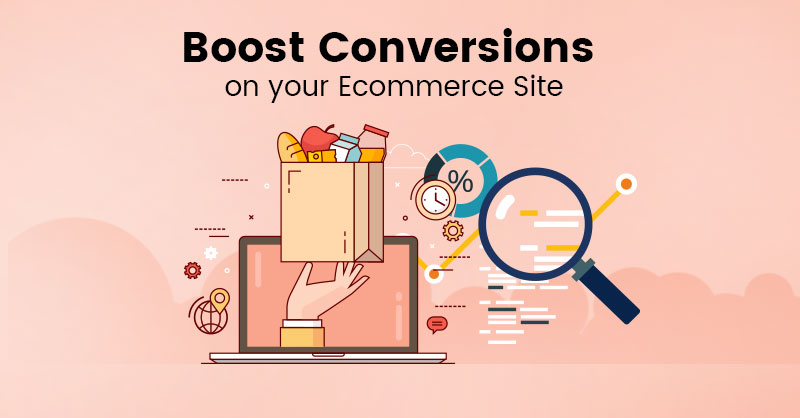
Guide on E-commerce conversion rate
E-commerce conversion rate is often looked upon as a key performance indicator to review the effectiveness of digital marketing strategies and the digital marketing funnel of e-commerce sites. You need to know the e-commerce conversion rate Industry benchmarks to see how effective you have been in convincing the customers about the authenticity and usefulness of your products. You could work with us, the leading digital marketing agency to assist you in digital marketing.
E-commerce marketing has taken over the world and has become an integral part of this digital backbone. With the widespread revolutions in the e-commerce sector by MNCs like Amazon, the other businesses are prompted to become more digital in their offerings and activities to engage more traffic and customers from their preferred locations.
What is the e-commerce conversion rate?
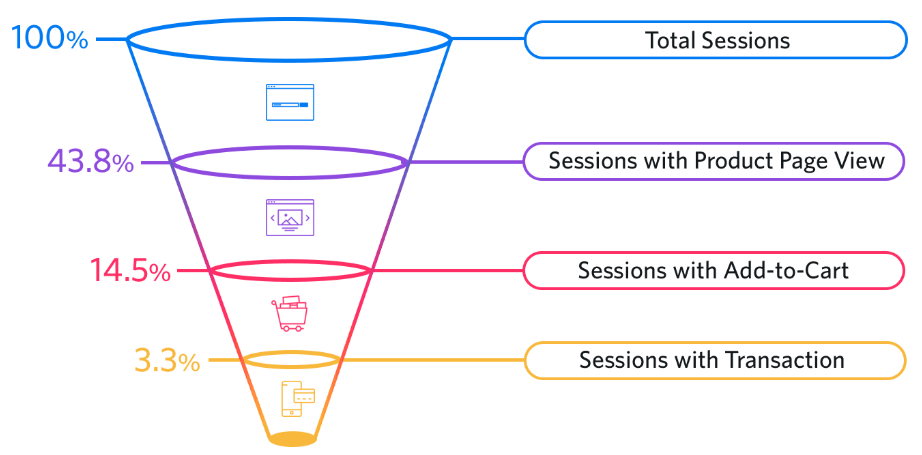
Conversion rate for e-commerce businesses
E-commerce conversion rate is the ratio of transactions to sessions. It is expressed in the form of percentage for serving as a critical metric to measure your online store's health, performance, and competitiveness. Here is a complete guide on CRM implementation.
The average conversion rate could range between 1% and 4%, with global figures around 2.58 percent as per the records of Q2, 2019, across devices. However, the number significantly differs depending on the industry, device, seasons, countries, sectors, etc. You would be amazed to know that the average conversion rate in the United Kingdom is 1.8% compared to the United States, with a conversion rate of 1.4%(Credit: Smart Insights report). This number again differs based on several factors. Hence, it is crucial to consider market-specific nuances while analyzing your industry's average e-commerce conversion rate.
Find this complete guide on digital marketing funnel.
Factors affecting e-commerce conversion
Product quality and competitive pricing
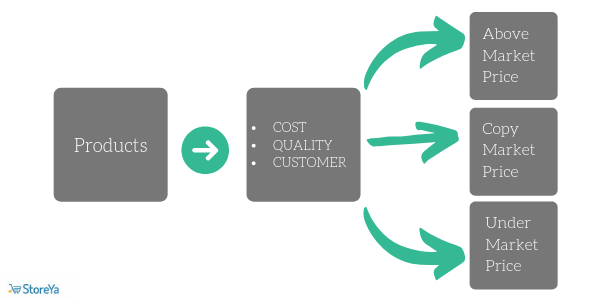
Image Courtesy: StoreYa
Right(Product+Price)=Competitive advantage
Product quality is an important factor to consider as up to 57% of people are less likely to purchase a product that has a made-in-China stamp(Source: Vantage). Consumers believe these products to be cheaper and of low endurance, which brings forward the importance of product quality and customer retention. Go with the leading SEO agency to see the unprecedented growth of your website. Read this guide on PPC campaign strategy.
Pricing is yet another crucial factor in the e-commerce world, as customers love discounts and spend hours snatching up the best deal. Also, most customers prefer to get free shipping for their products, and many customers consider it a basic necessity for the e-commerce shopping preference.
Online reviews and testimonials
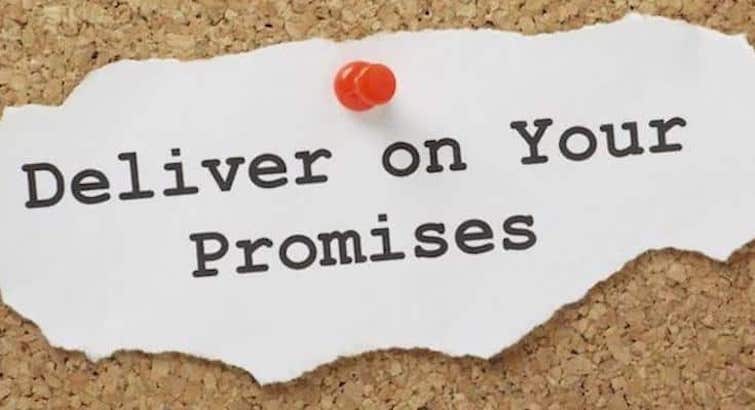
Deliver on your promises to earn good reviews and trust
In the online world, the customers have no idea about the quality of the product and how much they can trust the e-commerce sites. People don't get to touch the products physically and rely on the images available of the product to get the idea. In such a case, online reviews and testimonials help the customers make decisions on whether they should trust the seller or not. For the same reason, around 40% of customers say that they would not purchase technology products without reading online reviews. It indicates that a customer spends a good amount of time researching the product quality, price comparison, and reading the reviews.
The online reviews and testimonials work as suggestions from fellow companions or customers, becoming an integral part of e-commerce conversion.
Shipping time, cost, and return policy
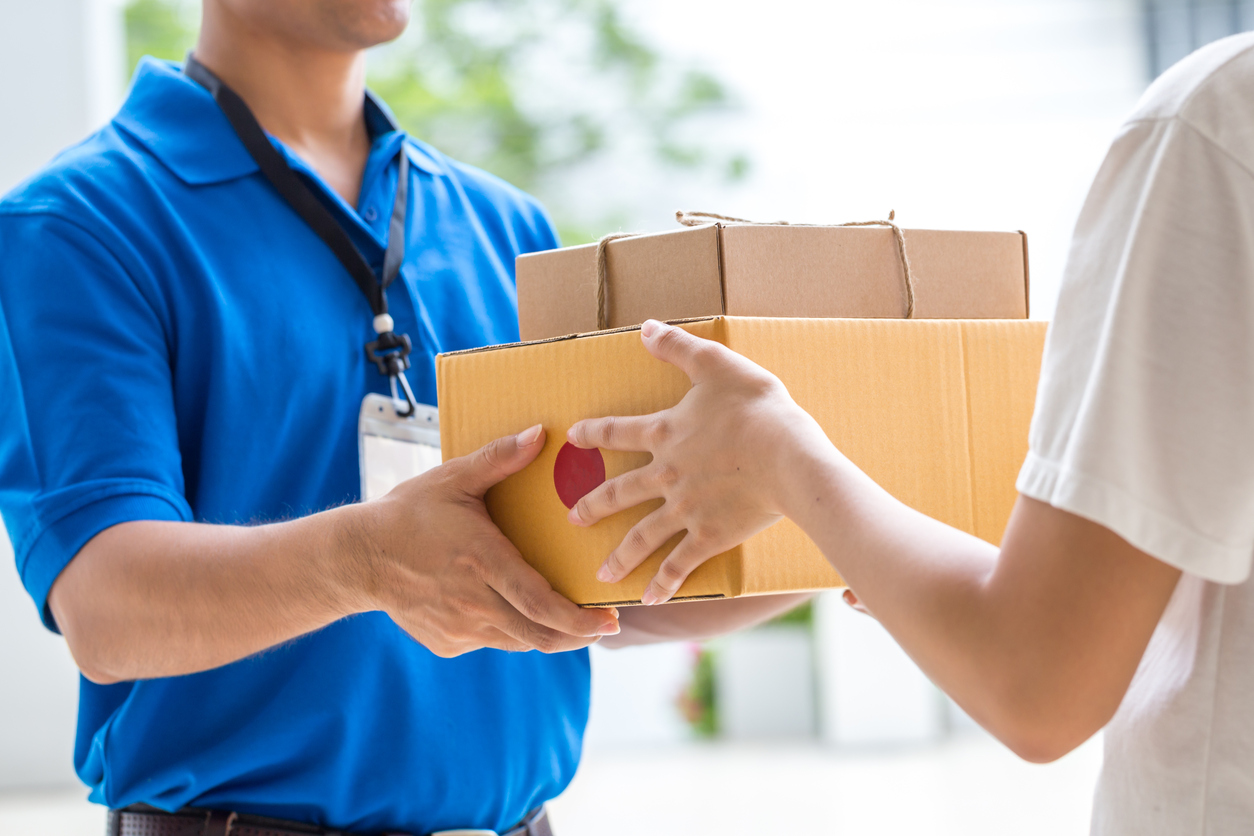
Deliver products on time and have a transparent return policy
Amazon has become a world leader in the e-commerce industry and has changed customers' expectations. They offer fast shipping and extensive product offerings and are obsessed with the customer's needs. Similarly, the customers expect other e-commerce websites to deliver the products as soon as possible, with a minimal shopping charge and an easy to return policy.
A return policy encourages your customers to trust your product as it shows that you back the quality and satisfaction of your product. Hence, you should be transparent with your refunds and help the customers trust you.
The call to action button is crucial to push down the customers in the transactional funnel.
The call to action button drives the interested customers through the transaction pathway, clarifies which action to take next, and helps remove friction in moving the user down the sales funnel. There could be more than one call to action on a page if there are multiple desired actions for the user to take.
In the e-commerce site, some of the examples of the call to action buttons could be add to cart, check out, buy now, add to wish list, etc. This is what you need to know about B2B sales outsourcing.
It is important for your button to grab the user's attention, and to fulfill the purpose, you could use a bright button color that contrasts with the color of the page or an email. You could also make the font size larger to make it the most prominent part of the page. The internet is a distracting place where users continuously see ads from various sellers. Hence, you could create a sense of urgency, such as a limited-time offer to compel users to take action immediately, instead of putting off taking action.
A landing page also plays an important role in e-commerce conversion.
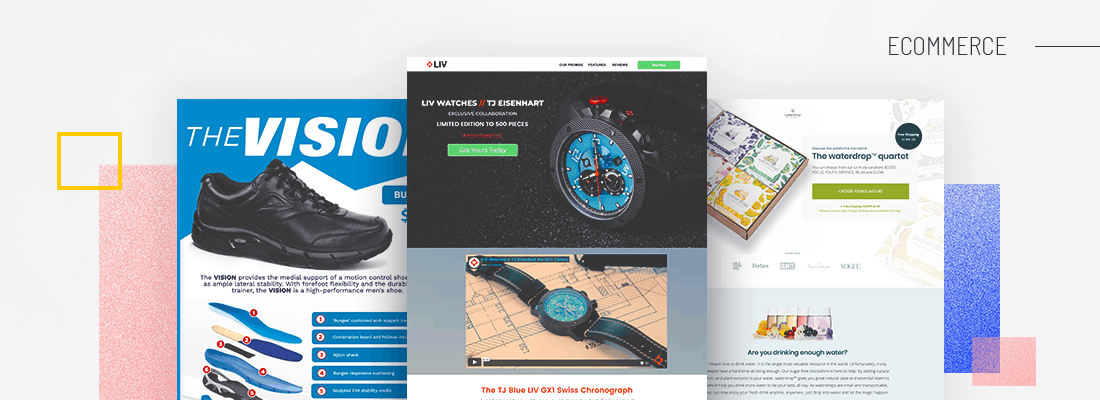
ecommerce landing page
Your e-commerce landing pages work as digital storefronts and fulfill the purpose of trapping the visitor's attention, retaining them and pushing them to start their shopping experience with your brand. An e-commerce landing page is specifically designed standalone page for marketing purposes. When they click on and detachment on Google or promotion in an email campaign, the customers land.
Your landing page must contain 1 clear call to action and must not contain additional pathways such as site navigation. The content must be specifically written around the goal for your target audience and include product descriptions and be optimized for the marketing campaigns.
Conversion Rate by device
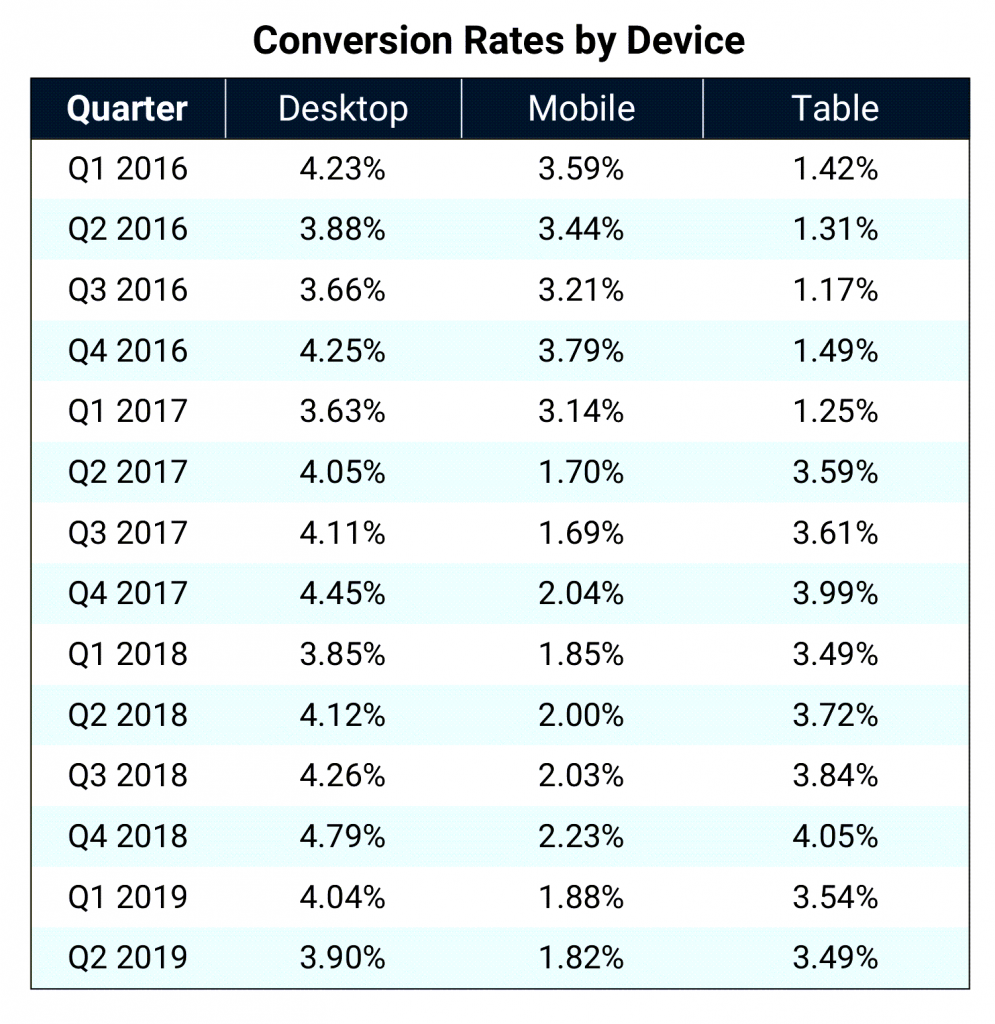
The online shopping conversion rate in selected verticals worldwide in 2021(SmartInsights):
luxury handbag – 0.6%,
home furniture – 0.6%,
luxury apparel – 1%,
home appliances – 1%,
sporting goods – 1.5 %,
active footwear – 2.1%,
electronics and accessories 2.2%,
toys and learning – 2.3%,
general foot wear – 2.4%,
Home, dining art and decor – 2.4%,
beauty and make-up – 2.4%,
active apparel 2.5%,
general apparel 2.7%,
health and beauty 2.8%,
beauty and skincare – 3%,
hair care – 3.5 %,
food and beverages – 5.5 %
Ecommerce conversion rate by country:
Germany – 2.22%,
United States – 1.96%,
United Kingdom – 1.88%,
Denmark – 1.80%,
Netherlands – 1.78%,
Greece – 1.44%,
France – 1.10%,
India – 1.10%,
Italy – 0.99%
Google Ads Mobile Benchmarks
|
Industry |
Search |
Google Display Network |
|
|
|
|
|
Arts and entertainment |
3.54 |
1.36 |
|
Automotive service and repair |
4.06 |
0.47 |
|
Business services |
3.16 |
0.43 |
|
Computer and electronics |
1.92 |
0.31 |
|
Construction |
4.64 |
0.74 |
|
Education |
2.82 |
0.22 |
|
Finance |
3.5 |
0.41 |
|
Hair Salons |
5.95 |
4.45 |
For some of the other industries, the data is as follows:
|
Industry
|
Search
|
Google Display Network
|
|
Healthcare |
4.24 |
0.80 |
|
Home and Garden |
2.21 |
0.5 |
|
Internet and telecom |
3.33 |
0.35 |
|
Law/Legal |
6.95 |
0.31 |
|
Consulting |
2.04 |
0.3 |
|
Manufacturing |
2.28 |
0.54 |
|
NonProfits |
2.63 |
0.37 |
|
Retail |
3.11 |
0.49 |
|
Travel & Hospitality |
2.4 |
0.48 |
How to improve e-commerce conversion rate?
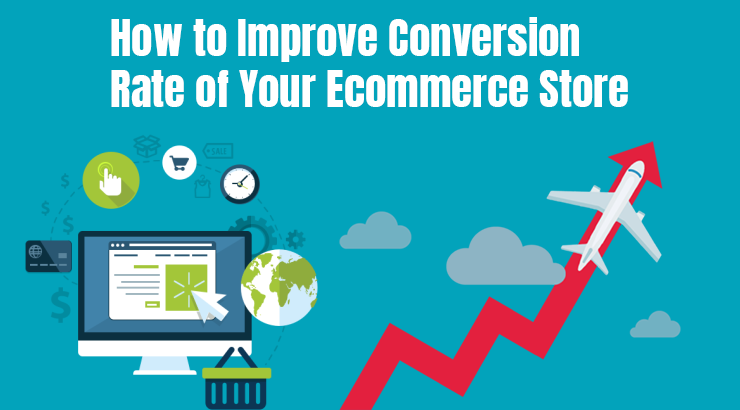
- Ensure that your design and copy are visually appealing and persuasive, as it would help keep your visitors engaged and move forward with the transaction.
- Your website should have simple and easy navigation to present visitors with the most relevant products relating to their search terms.
- Provide dynamic content and pathways for your visitors to enhance the personalization factor.
- It would help if you allowed social commerce to make the customer journey seamless.
- Ensure that you showcase the online reviews and testimonials to earn the customer's trust.
- To catch the visitor's attention, you could use scarcity, urgency, and exclusivity to your advantage.
- Ensure that you accept payments by several methods.
- Try to upsell and cross-sell to increase the overall revenue for your e-commerce company.
- Don't force your customers to create an account for shopping. Instead, allow for guest checkout.
- The website loading speed must be faster to prevent any reduction in conversion.
- Use search engine optimization and conversion rate optimization together.
- Follow up on abandoned cart with better product copy, site optimization and a personalized email campaign.

About Bruno GavinoBruno Gavino is the CEO and partner of Codedesign, a digital marketing agency with a strong international presence. Based in Lisbon, Portugal, with offices in Boston, Singapore, and Manchester (UK) Codedesign has been recognized as one of the top interactive agencies and eCommerce agencies. Awarded Top B2B Company in Europe and Top B2C company in retail, Codedesign aims to foster personal relationships with clients and create a positive work environment for its team. He emphasizes the need for digital agencies to focus on data optimization and performance to meet the increasingly results-driven demands of clients. His experience in digital marketing, combined with a unique background that includes engineering and data, contributes to his effective and multifaceted leadership style. |

About CodedesignCodedesign is a digital marketing agency with a strong multicultural and international presence, offering expert services in digital marketing. Our digital agency in Lisbon, Boston, and Manchester enables us to provide market-ready strategies that suit a wide range of clients across the globe (both B2B and B2C). We specialize in creating impactful online experiences, focusing on making your digital presence strong and efficient. Our approach is straightforward and effective, ensuring that every client receives a personalized service that truly meets their needs. Our digital agency is committed to using the latest data and technology to help your business stand out. Whether you're looking to increase your online visibility, connect better with your audience, get more leads, or grow your online sales. For more information, read our Digital Strategy Blog or to start your journey with us, please feel free to contact us. |
CodeDesign is leading:
- Digital Agency
- Digital Marketing Agency
- Digital Ecommerce Agency
- Amazon Marketing Agency
Feel free to contact us to see the unprecedented growth of your business.
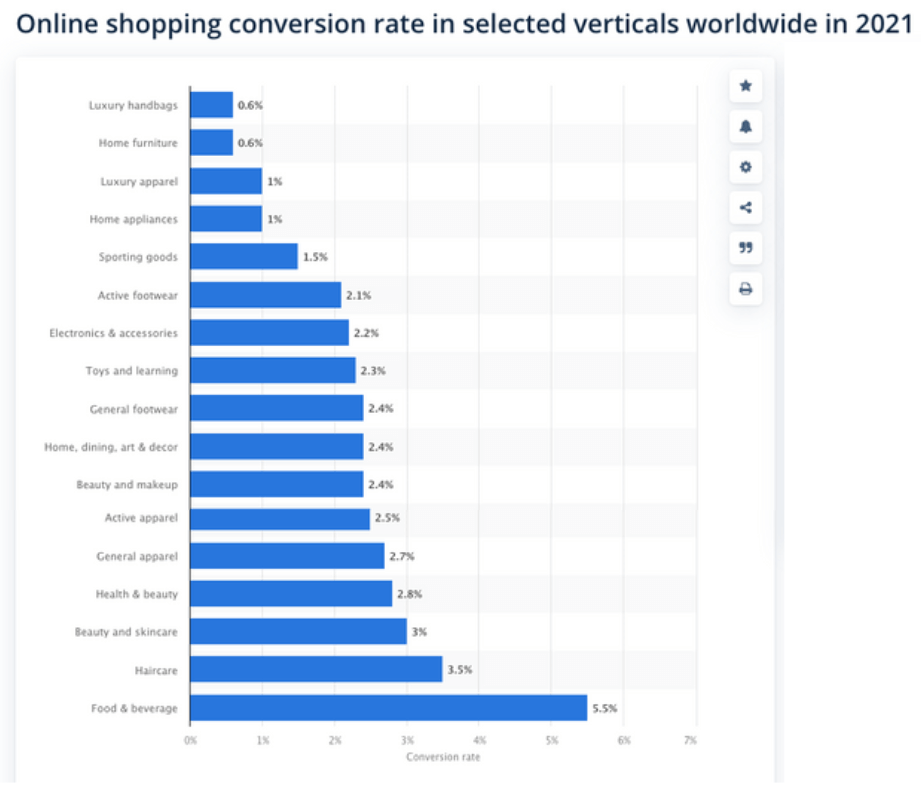

Add comment ×